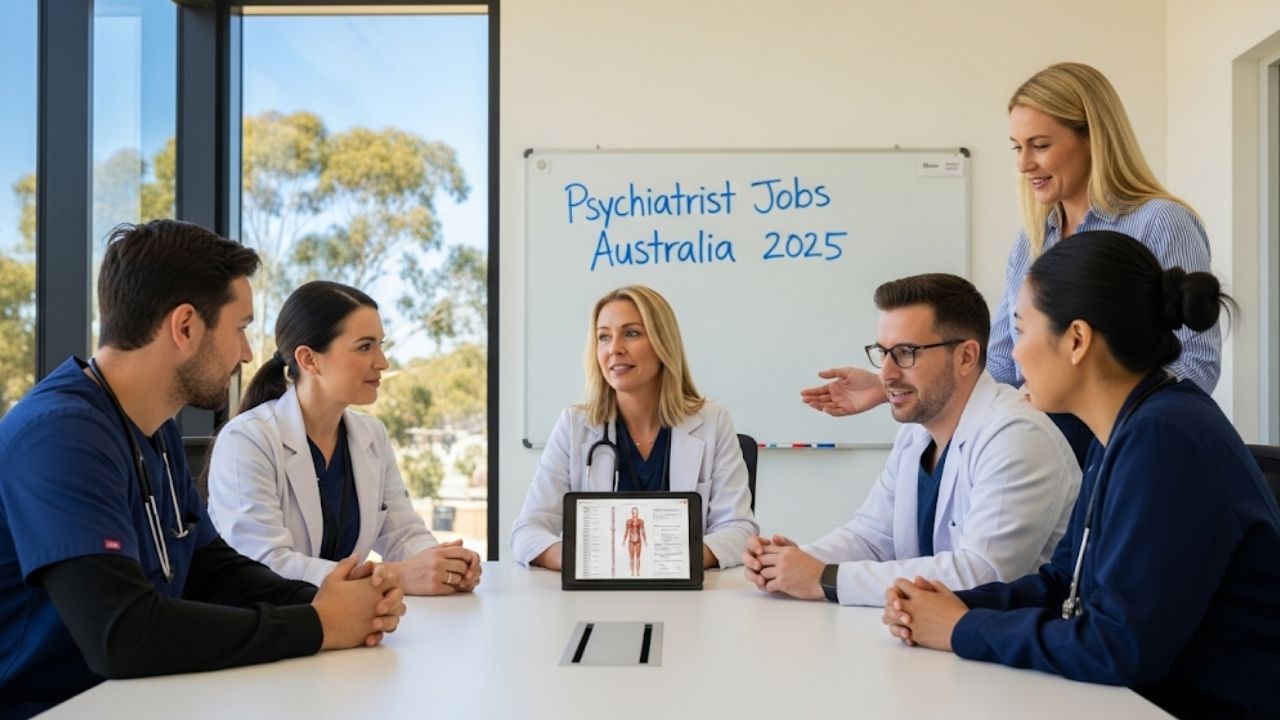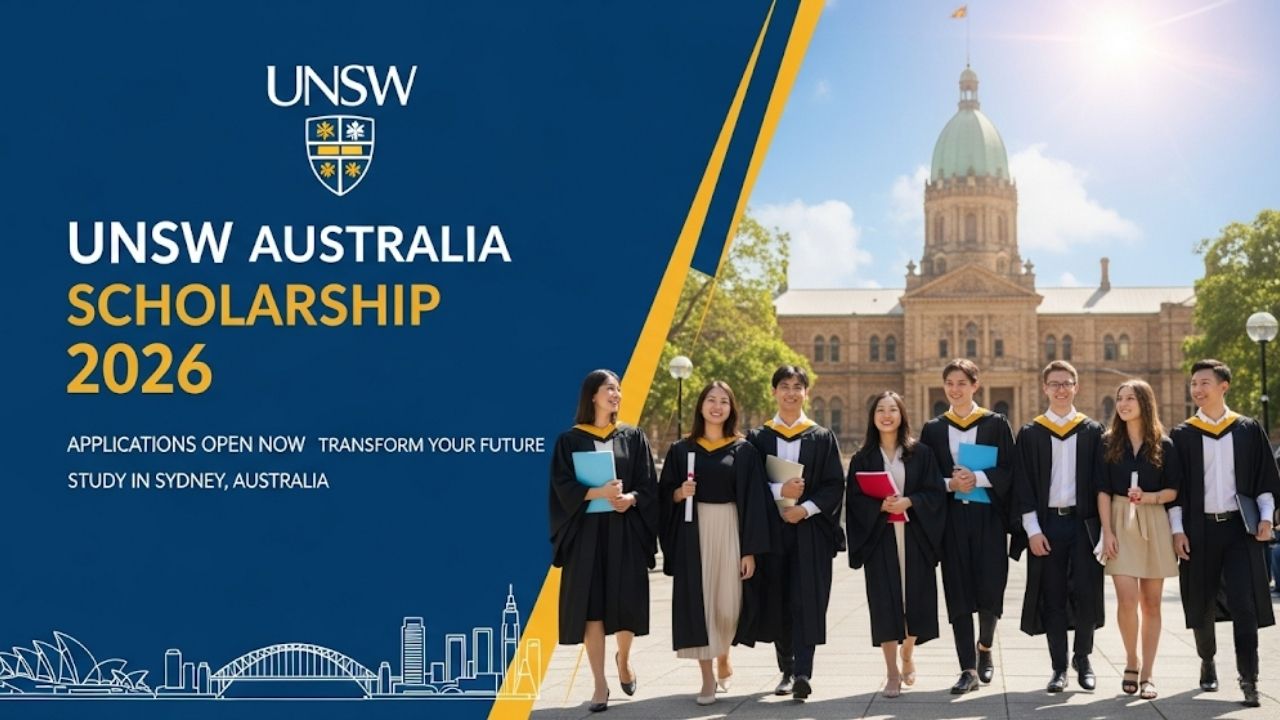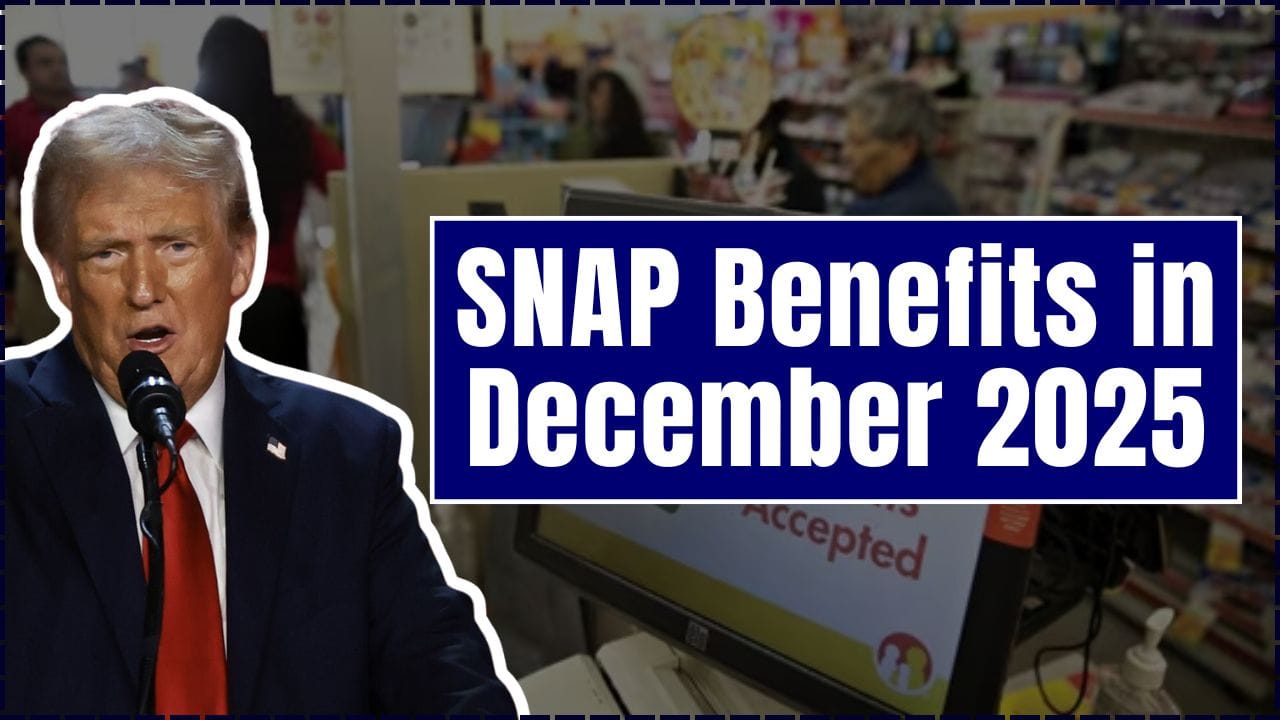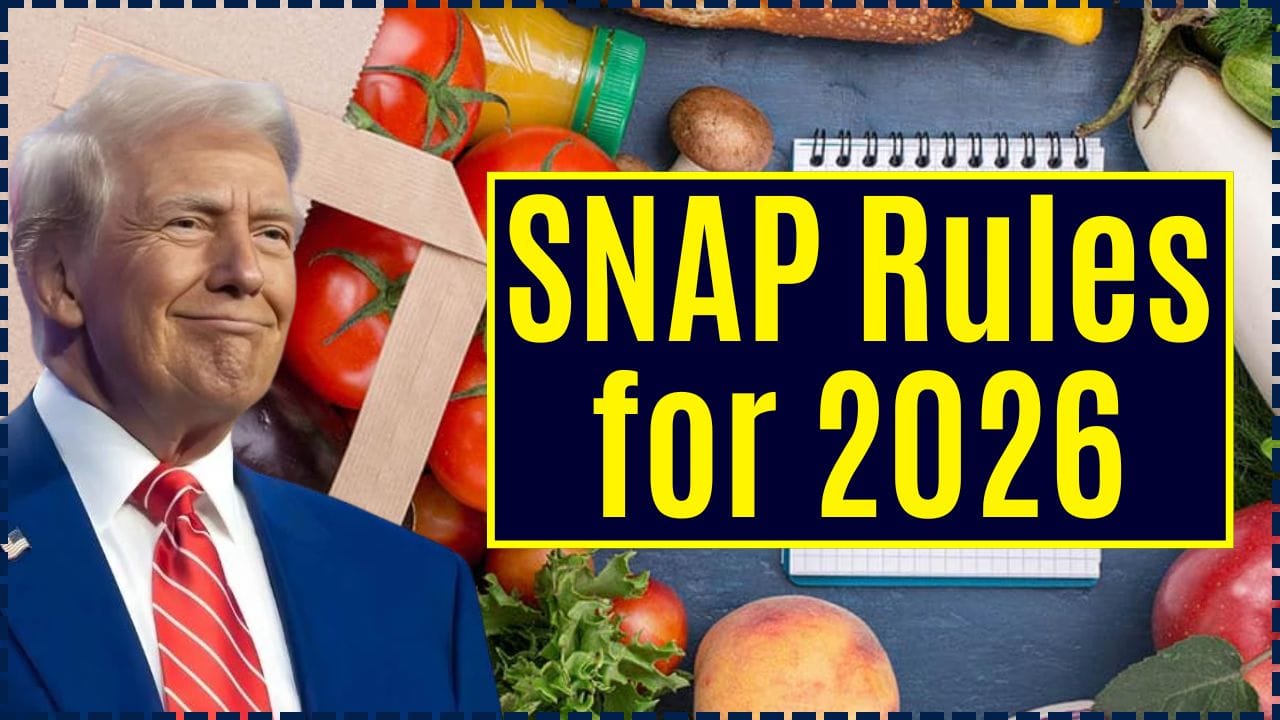Starting a new chapter as a young adult is a journey filled with both excitement and uncertainty. Whether you’ve recently arrived in Australia or are moving towards independent living, knowing there’s support available can make all the difference. This guide to Australia Youth Transition Support (YTS) Services 2026 is designed to provide you with a clear roadmap to the resources available to help you build a bright future. We’ll explore the key support systems, eligibility, and the practical steps you can take to access them, ensuring you feel empowered and ready for the road ahead.
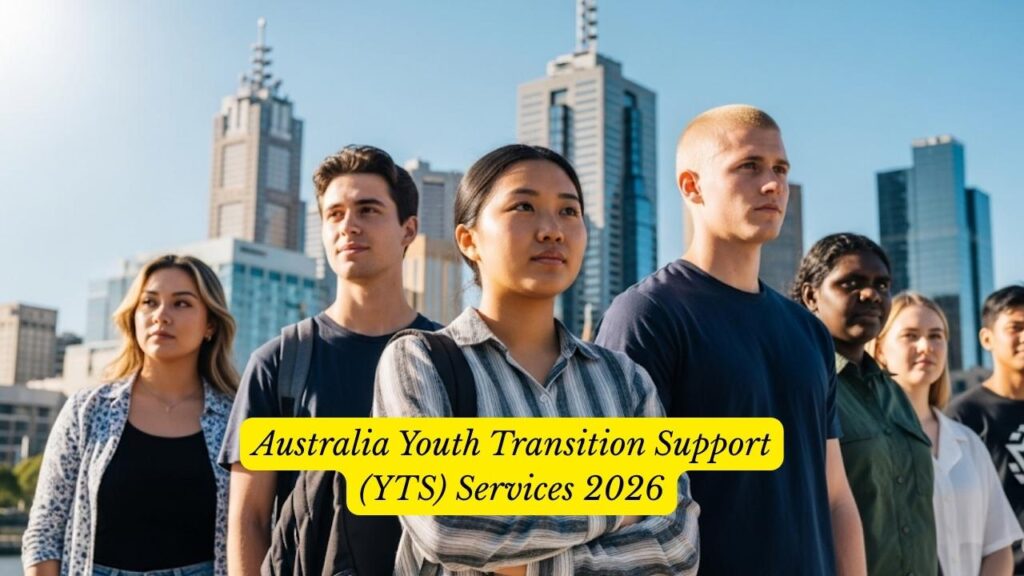
For many young people, the path to adulthood involves navigating education, finding meaningful work, and building a community. In my experience advising young individuals on their next steps, having a strong support network is the single most crucial factor for success. Australia offers dedicated programs to be that network for you, particularly for those who are new to the country or have been in state care.
Understanding the Landscape of Youth Support in Australia
When we talk about “Youth Transition Support,” it’s important to understand that Australia doesn’t have a single, one-size-fits-all program. Instead, support is generally offered through two main streams, each tailored to the unique needs of different groups of young people. Both are aimed at fostering independence, well-being, and community participation for individuals typically between the ages of 15 and 25.2
- Youth Transition Support (YTS) for Migrants and Humanitarian Entrants: A federally funded program specifically for young people who have recently arrived in Australia.
- Support for Young People Leaving Out-of-Home Care: A mix of national and state-based initiatives designed to assist those transitioning to independent living from foster or residential care.
Let’s break down what each of these streams offers and how you can connect with the right services for your situation.

For New Arrivals: The Youth Transition Support (YTS) Program
Starting life in a new country is a monumental step. The Australian Government, through the Department of Home Affairs, funds the Youth Transition Support (YTS) program to make this transition smoother for young migrants and refugees. This initiative, with funding secured until June 30, 2026, is a testament to Australia’s commitment to helping new arrivals thrive.
What is the Goal of YTS?
The YTS program is all about helping you build a strong foundation in Australia. It focuses on empowering you to:
- Engage with education and training: Get help enrolling in school, TAFE, or university, and explore vocational training opportunities to build your skills.
- Improve your job readiness: Receive support with writing a resume, preparing for interviews, and understanding the Australian workplace culture.
- Build social connections: Participate in sports, community activities, and workshops to meet new people and feel a part of your local community.
- Develop confidence and life skills: Gain practical knowledge about living in Australia, from navigating public transport to managing your finances.
I’ve seen many successful applicants use these services to not only find employment but also to build lifelong friendships and a real sense of belonging.
Are You Eligible for YTS?
The YTS program is designed for young people aged 15 to 25 who are permanent residents and hold specific visas. You are likely eligible if you are:
- A humanitarian entrant, including those on refugee or special humanitarian visas.
- A migrant on a family stream visa with low English proficiency.
- A dependent on a skilled visa living in a regional area with low English proficiency.
For a definitive list of eligible visa subclasses, it is always best to consult the official Department of Home Affairs YTS page.
How to Connect with a YTS Provider
The YTS program is delivered by a network of community organizations across Australia. You don’t apply for YTS through a central government portal. Instead, you connect directly with a service provider in your local area.
Here’s a simple, step-by-step approach:
- Find a Local Provider: The Department of Home Affairs provides a list of YTS service providers by state and territory. These organizations have deep roots in their communities and are experts in supporting young people.
- Reach Out: Contact the provider nearest to you via phone or email. Their friendly staff are there to answer your questions and guide you through their specific programs.
- Get Involved: Once connected, you’ll work with a case manager or youth worker to identify your goals and join activities that are right for you.
Here is an insightful post from a YTS provider about their impact:
For Care Leavers: Transitioning to Independence
For young people who have grown up in out-of-home care (such as foster or residential care), the journey to adulthood comes with its own set of challenges. Australian states and territories offer specific support to ensure this transition is as smooth and supported as possible.
A National Commitment to Support
While services are delivered at a state level, there’s a national focus on improving outcomes for care leavers. The National Framework for Protecting Australia’s Children guides this effort, with all states and territories committed to providing better support for young people up to the age of 21, and in some cases, beyond.
This support acknowledges that, like any young person, care leavers deserve a safety net as they navigate the complexities of independent living.
What Kind of Support is Available?
Support for care leavers is holistic, focusing on key areas of life:
- Housing and Accommodation: Assistance with finding stable housing, which may include help with bonds, rent, or accessing specialized youth housing services.
- Financial Support: Programs like the Transition to Independent Living Allowance (TILA) offer a one-off payment of up to $1,500 to help with the costs of moving into independent living.10 You can find more information about TILA on the Department of Social Services website.
- Education and Employment: Support to continue your education, enroll in training, and find a job.
- Health and Wellbeing: Access to counseling, mental health services, and general healthcare.
- Mentoring and Life Skills: Connection with mentors and programs that teach essential life skills, from cooking and budgeting to building healthy relationships.
Accessing Support in Your State or Territory
Because these services are managed by state and territory governments, the first step is to connect with the relevant child protection or family services department in your area. Organizations like the CREATE Foundation are also fantastic advocates and a source of information and resources for young people with a care experience.
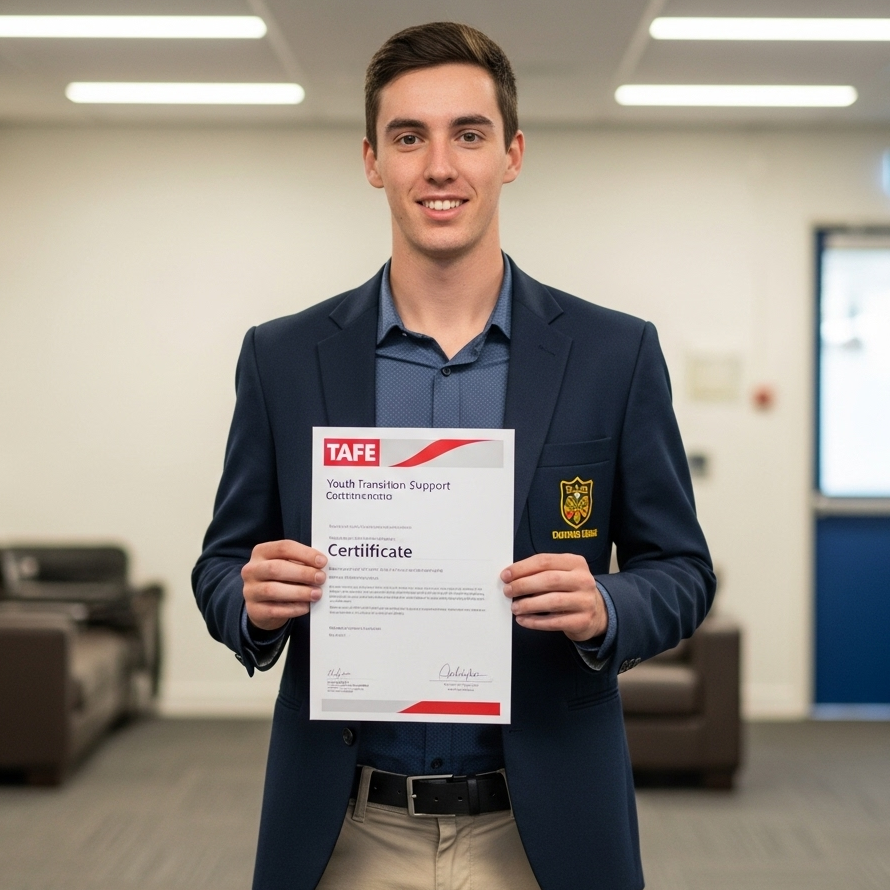
The CREATE Foundation often shares inspiring stories and resources for care leavers.11
Your Journey, Your Future
Navigating the transition to adulthood is a significant milestone. The Australia Youth Transition Support Services for 2026 represent a commitment to ensuring every young person has the opportunity to succeed. Whether you are building a new life in Australia or moving from care to independence, these services are here to provide a helping hand.
The key is to take that first step. Reach out to a local provider, ask questions, and connect with the people who are passionate about supporting you. Your future is bright, and with the right support, you can achieve your goals and build a fulfilling life in Australia.
FAQ
Q1: Is there one single application for all youth support in Australia?
No, there isn’t a single application. Support is delivered through different programs based on your circumstances. For migrants and refugees, you’ll connect with a local YTS provider. For care leavers, you’ll work with your state or territory’s child and family services.
Q2: What is the age limit for accessing these services?
Most youth transition services cater to young people between the ages of 15 and 25. However, there can be some flexibility, so it’s always worth checking with a specific service provider.
H3: Are these services free?
Yes, the support services offered through the government-funded YTS program and support for care leavers are free of charge.
Q3: Can I get help with my mental health?
Absolutely. Both the YTS program and services for care leavers recognize the importance of mental wellbeing and can connect you with counseling and mental health support services.
Q4: What if I’m not eligible for these specific programs?
Even if you don’t fit the eligibility for YTS or care leaver support, there are many other youth services available in Australia. Organizations like Headspace, your local council’s youth services, and various non-profits offer a wide range of support for all young people.

